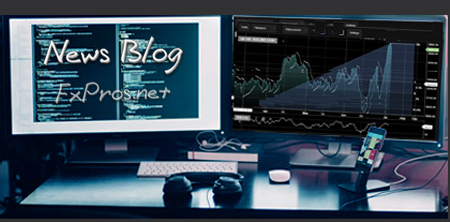
A Futures contract gives its holder the right to buy (or sell) a predetermined quantity of a commodity at a set price on a specified date in the future.
Originally, Futures contracts covered physical commodities like grain, cotton, and coffee. Today, however, they encompass many more asset classes, including currencies, bonds, and stock market indices.
Trading CFDs on Futures
Instead of trading Futures contracts directly, you can trade CFDs on Futures. Futures trading allows investors to speculate on the price movement of financial instruments, whether up or down. It is also used by commodity suppliers to hedge against market risk. This combination of speculation and hedging creates significant market volume and price volatility. CFDs enable investors to speculate on these price movements with certain advantages.
What are Futures Contracts?
A Futures contract is a standardized exchange-traded agreement that can be used to trade any financial market, both upwards and downwards. Futures contracts can be transferred and traded between parties other than the original counterparties.





